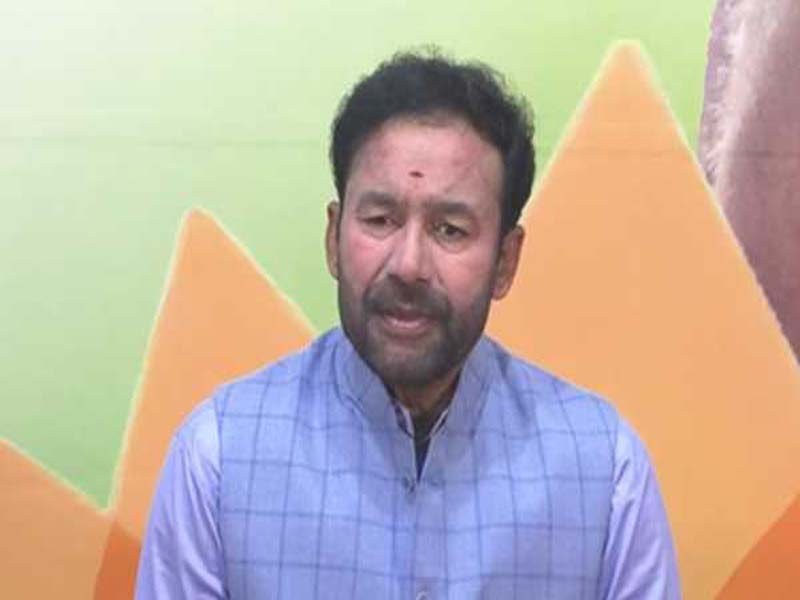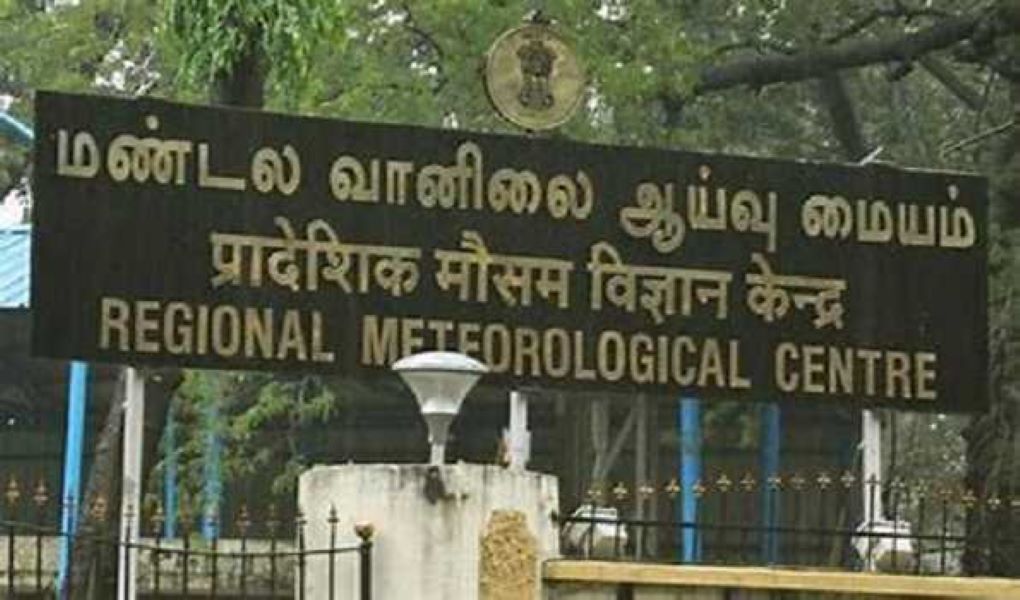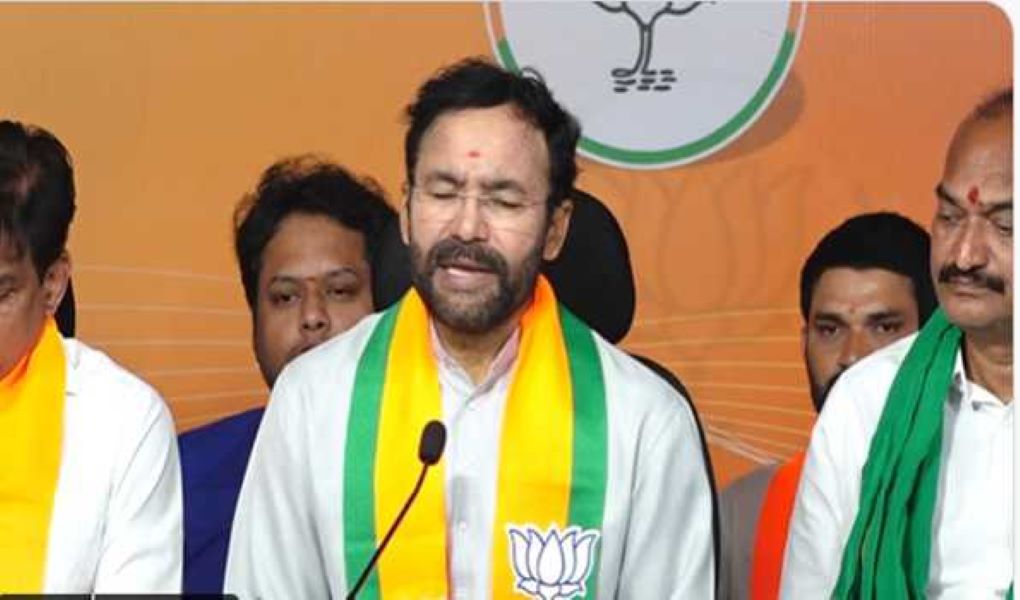Modi Govt. Committed to Regional Languages: G.K. Reddy
NEW DELHI/HYDERABAD, DEC 18 : Union Minister and Telangana BJP President G Kishan Reddy emphasised the Modi government’s commitment to preserving and promoting India’s regional languages.
Addressing the media in New Delhi on Wednesday, Reddy highlighted various initiatives undertaken by the central government to strengthen India’s linguistic diversity.
Reddy noted that India is unparalleled in its cultural and linguistic diversity, with 121 languages spoken across the country.
“Our Constitution initially recognised 14 official languages, but this number has increased to 21 under Prime Minister Narendra Modi’s government,” he said, adding that these languages are repositories of India’s culture, heritage, and knowledge.
Tracing the history of language policy in India, Reddy explained how the three-language formula was introduced for administrative convenience following the reorganisation of states on linguistic lines in 1956. He criticised past colonial-era policies that prioritised English over Indian languages, which he said marginalised the country’s rich linguistic traditions.
Reddy highlighted the Modi government’s landmark National Education Policy (NEP-2020), which encourages students to learn at least two regional languages and promotes education in the mother tongue.
“This revolutionary decision simplifies the education system and fosters development through learning in one’s native language,” he said.
He also spoke about the government’s efforts to preserve tribal languages and cultures and initiatives like Asmita, introduced through the University Grants Commission (UGC) to promote Indian languages. The government has launched 200 PM e-education channels under the One Class, One Channel program to provide school education in various regional languages.
Reddy outlined other measures, including granting classical language status to Marathi, Bengali, Assamese, Pali, and Prakrit in October 2024. With this, 11 languages, including Telugu, Tamil, Kannada, Malayalam, and Sanskrit, now hold classical language status, reflecting the government’s dedication to preserving linguistic heritage.
He lauded the establishment of three Rashtriya Sanskrit Universities to promote Sanskrit and the introduction of awards to honour individuals and institutions working in the field of classical languages.
Reddy also pointed to efforts like the Ek Bharat Shreshtha Bharat program, which fosters cultural and linguistic exchange through initiatives such as the Kashi-Tamil Sangam, Kashi-Telugu Sangam, and Kashi-Saurashtra Sangam.
The Union Minister also stressed the importance of regional language media, praising journalists and media organisations for their role in promoting Indian languages. He encouraged every Indian to study, speak, and promote their mother tongue while also learning English.
“Preserving our mother tongues is vital for national progress. Let us all cooperate in the central government’s efforts to save and promote Indian languages,” Reddy added.





